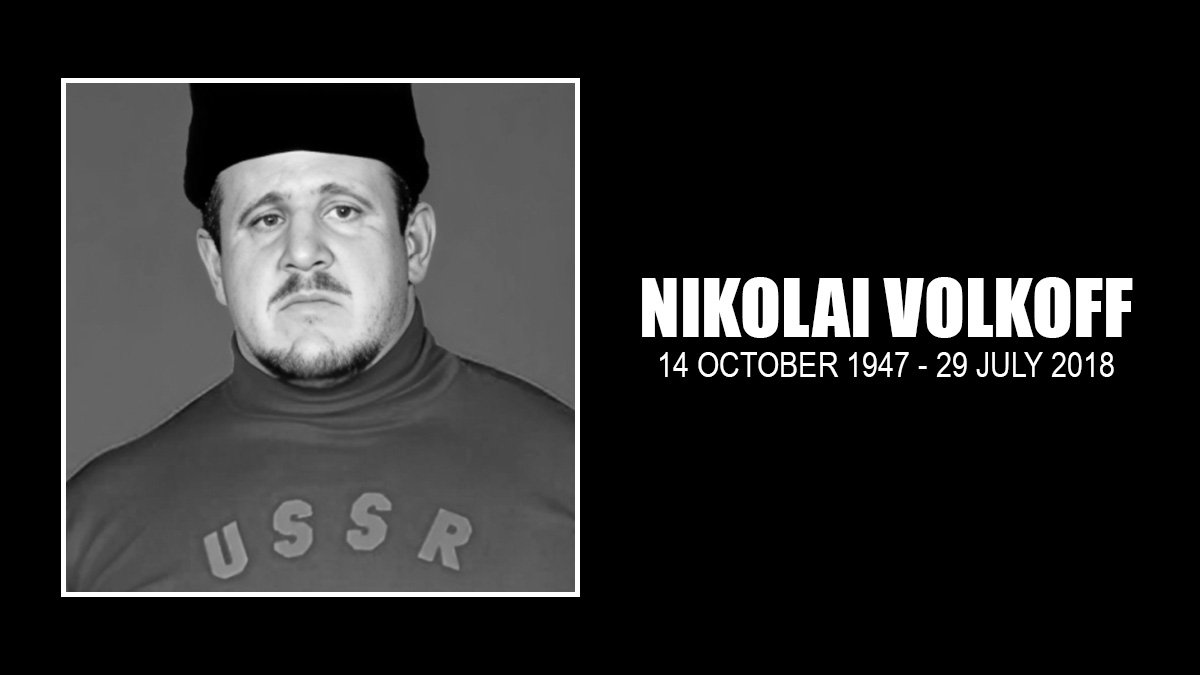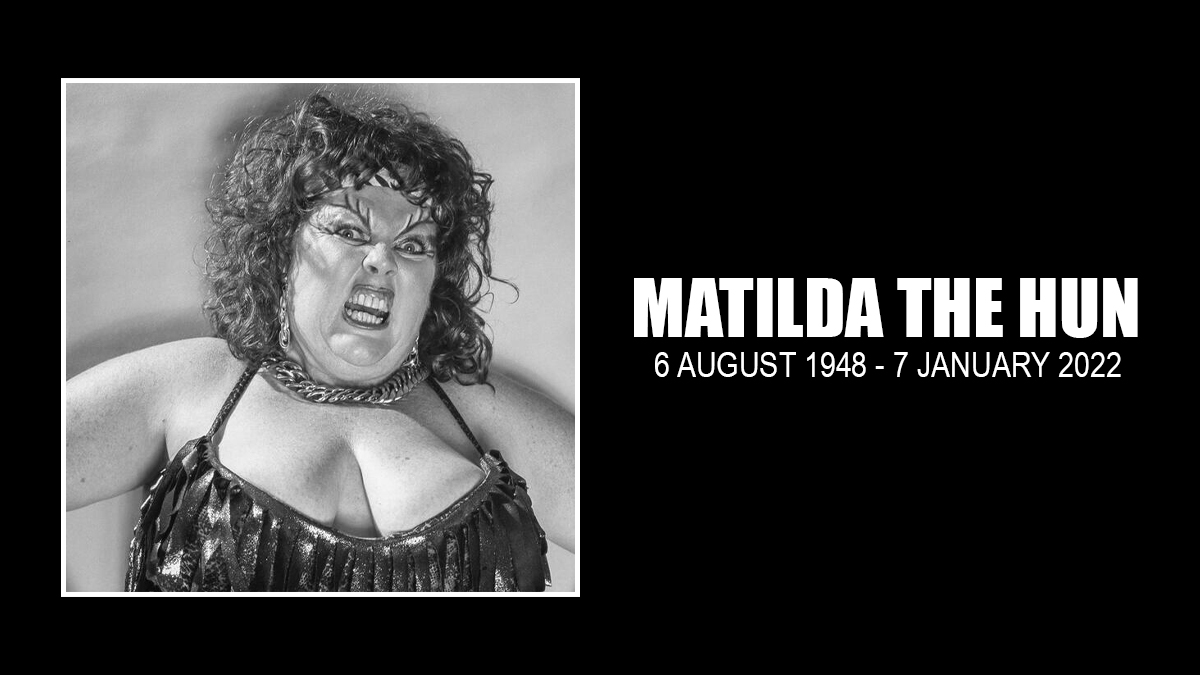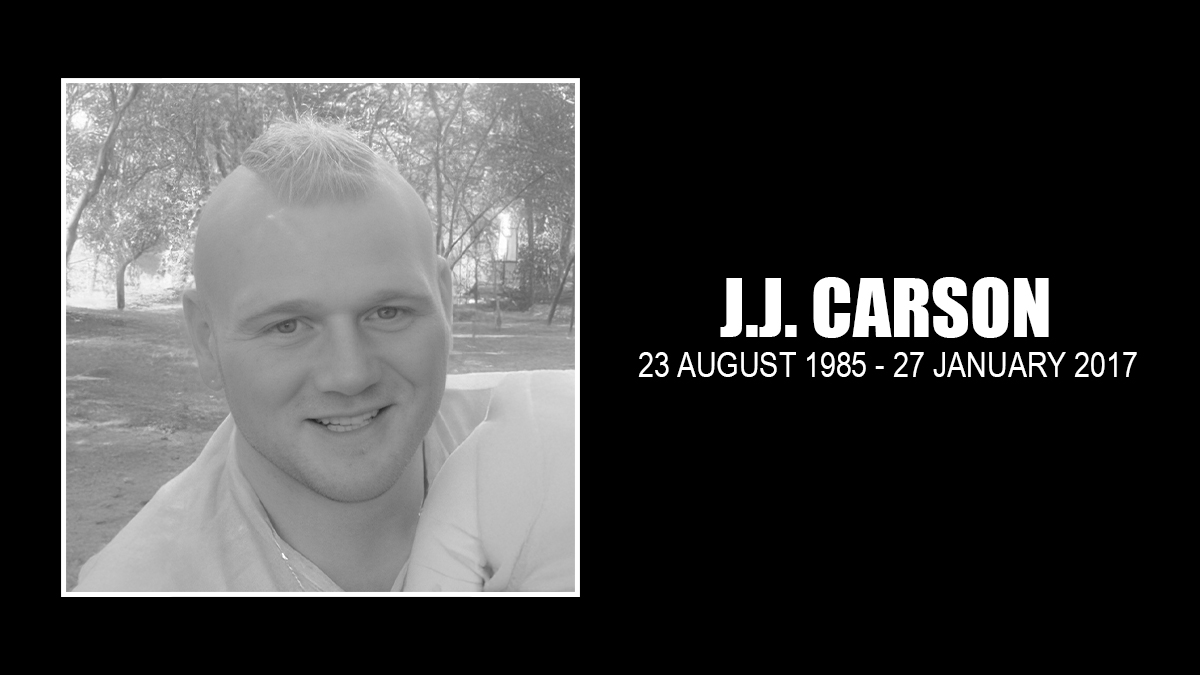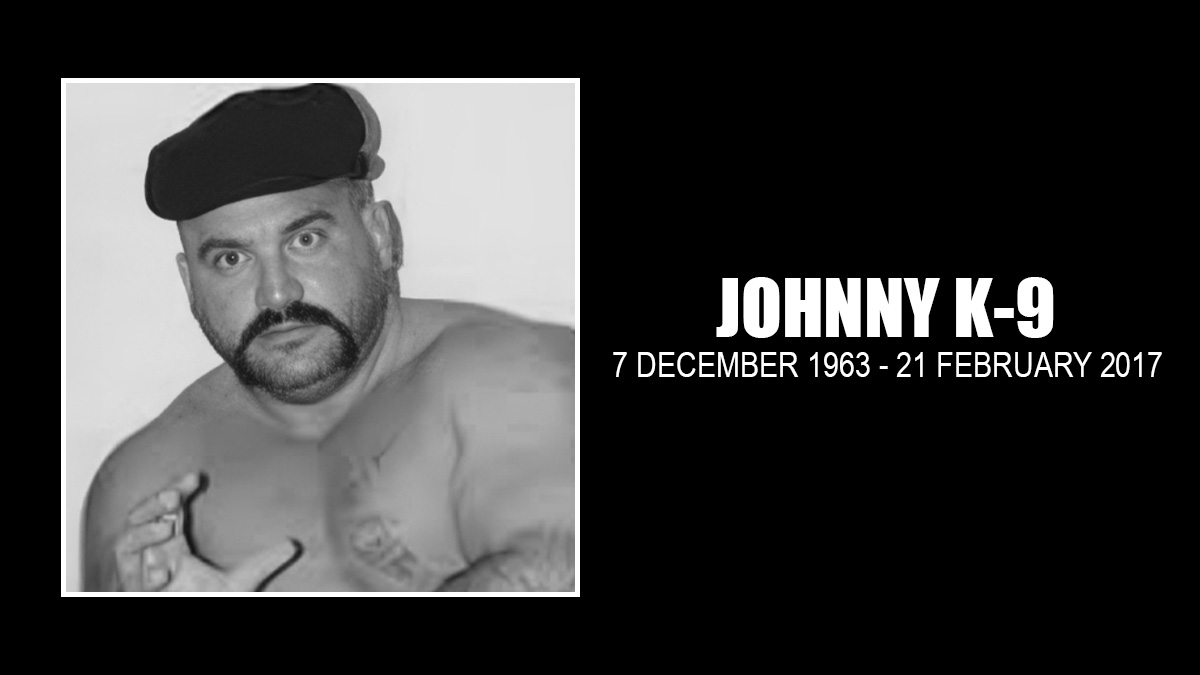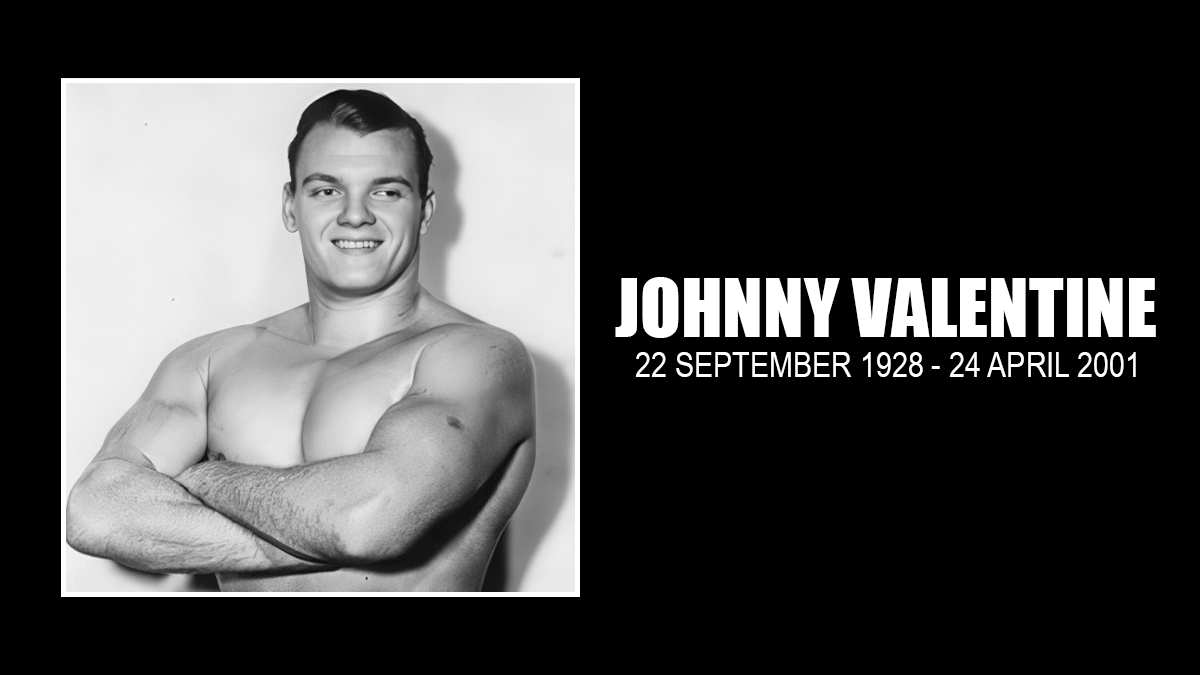For all the holds, counterholds, and reversals that were part of his WWE Hall of Fame career, Nikolai Volkoff’s greatest escape occurred before he started out as a pro wrestler.
In 1968, Volkoff, born Josip Peruzovic, slipped away one night from his Yugoslavian weightlifting team, walked to the Canadian embassy, and defected from behind the Iron Curtain. It was an easy choice, he recalled years later, remembering how he studied philosophy as a teenager in Croatia and decided man was not destined to live under a communist regime. “I was just so happy to get out from there,” he said. “Those communist bastards. I hated them.”
So though Volkoff represented the epitome of a hulking Soviet menace for much of his career, he actually was a thoughtful, freedom-loving American who took pride in singing the national anthem, working as a civil servant in his adopted home of Baltimore, and volunteering with youth activities.
“What a nice fellow. He always liked to sing, he was a singer … anytime I was in his car, no dope smokers, no smokers, but if you liked classical music, you could come with him,” recalled veteran Les Thornton.
Volkoff died July 29, 2018, at 71; WWE announced his death, which followed a recent hospitalization. “As one of the greatest villains sports-entertainment had ever seen, Volkoff’s infamous rendition of the Soviet National Anthem before his matches made him an instant icon in the eyes of the WWE Universe as a Superstar they truly loved to hate,” WWE said.
But there was so much more to the story of Volkoff. He was a teenage weightlifting prodigy in Croatia, then part of Yugoslavia. At 300-plus pounds of rock-hard muscle, Volkoff had size, athletic ability, and great bloodlines — he was trained by his grandfather, a one-time bodyguard for Austrian monarch Franz Josef.
Without knowing a word of English, he decided to sneak away through the auspices of Canada, because the waiting time for defectors to obtain citizenship was six months, about 18 months quicker than in the United States.
Volkoff took off without his parents’ knowledge and, fearing for their safety, wrote them a letter they could use to explain their son’s disappearance. “If you said you don’t like communism, that’s why you escaped, you were done. Someone’s going to Siberia,” he said. “If you said you wanted to see the world, you were young, you were impetuous … I wrote my mother a letter saying I would come back if there was a war.”
For his own part, he started using his mother’s maiden name as a change of identity. “It was to hide,” he said in 1999. “If the KGB caught me, they’d take me home and throw me in the gulag. I’d probably still be there today.”
Volkoff’s big break came when Newt Tattrie found him in Calgary watching wrestling matches. Tattrie, who was running spot shows at the time, took the immigrant under his wing to implement an idea he found reading a book at the Calgary library. “I saw Genghis Khan and Kublai Khan. It was interesting, so I thought it would be good. So creative control was at the library,” he said.
Meet Bepo (Volkoff) and Geeto (Tattrie), the tag team known as the Mongols. With their partially shaved heads, pony tails, exotic furs, and fearsome visages, the Mongols were an instant drawing card and sped to the top of every promotion in which they worked. “There was nobody like it then. That’s why it caught on,” said Geeto, who died in 2013. “I had a little portable ring and I got him started. He didn’t need too much help. He was an Olympic powerlifter so we went with a lot of strongman moves.”
The food and the language — that was another matter.
“Man, I could not eat any food,” Volkoff recalled. “Chicken, meat, oh, it tasted terrible. From where I came from, it’s all natural food, you kill a cow and eat the same day because there was no refrigeration. It’s all nice and fresh. When I came here, I could not eat.”
And what he could take in was severely limited by the communications barrier. During their time in Montreal, Geeto, his restaurant interpreter, had to leave his young charge alone for a few days. Before he left, he taught him “When you’re hungry, ‘apple pie and coffee,'” and that’s what Bepo ordered for several meals.
After a few days, he grew weary of the same bland diet and spotted a woman nearby eating a tasty hamburger steak. Bepo looked at the waitress and pointed to the woman and her meal.
“What is it you want, then?” the waitress asked.
He kept pointing, grunting, and gesticulating toward the steak to no avail. Finally, he abandoned hope. “Apple pie and coffee,” he told the waitress.
WWWF owner Vincent J. McMahon slowly introduced The Mongols to the East Coast. He flew them from Montreal to Washington every week for three months for television tapings before they appeared on a house show. In the process, Bepo broke his ankle in Montreal, taking a bump from Jos LeDuc in a broken ring.
“We got to Washington, D.C. and Vince says, ‘You’ve got to go on, you’ve got to go on,’ ” Geeto recalled. “So we managed to get his boot on. And we went in and we wrestled three times in a three-hour taping. And we had to take a knife to cut his boot at the seam, to cut his boot off because of the swelling. It was purple and green and all different colors. He was suffering, boy.”
Opponents suffered too, though, as the Mongols ran roughshod with their powerhouse style. In June 1970, they captured the WWWF International tag title in 1970 from Victor Rivera and Tony Marino. They held the championship for a year, winning several matches straight up from their favorite opponents, Bruno Sammartino and Chief Jay Strongbow. They had a second run as WWWF champs for a four-month span in 1971 and headlined in Pittsburgh and Louisiana.
Volkoff’s singles career took off in 1974 as a protégé of legendary manager Freddie Blassie in the WWWF. He was always ambivalent about portraying something he escaped from. But some words of wisdom from Blassie helped him feel better about undermining Soviet-style rule.
“He said, ‘If you hate Communism, that’s how you destroy it. Tell people how good it is over there, so they know you’re lying,” Volkoff said. “If you say something truthful, there is no heat. Nobody cares. But if you say, ‘In Russia, people buy cars only until the style wears out, then they drive it right to the junkyard to be melted down for military purposes,’ then people know you are lying. Then you get the heat and the people say, ‘That is ridiculous!’ ”
Volkoff was a major challenger to WWWF champion Bruno Sammartino, going to a 53-minute curfew draw at a sold-out Madison Square Garden in March 1974 as part of a program that lasted through the summer.
Blessed with long fingers and a vise-like grip, Volkoff could crush an apple with one hand. On televised interviews, he said the apple represented what he planned to do to Sammartino, though in private he called Sammartino “the greatest wrestler that ever lived.”
He also held tag team championships in Florida and the Mid-Atlantic, and was Georgia heavyweight champion in 1975, sparking a feud with Mr. Wrestling II. Volkoff worked as Boris Breznikoff in the American Wrestling Association. His style was pure power, with lots of backbreakers and bearhugs as signature moves.
Though Volkoff was a friendly chap, you didn’t want to rile him up. Sir Oliver Humperdink said “Raging Bull” Manny Fernandez decided to take liberties one night in Florida by slapping Volkoff hard on the back as he was bent over in the ring. Volkoff rose and knocked down Fernandez with one punch. “He was out before he hit the mat,” Humperdink said.
In 1983-84, Volkoff started using an ingenious gimmick developed by promoter Bill Watts during a swing through the Mid-South territory. Before his matches, he insisted fans stand and respectfully observe the singing of the Soviet national anthem.
When he re-entered the WWF in 1984, Volkoff continued to belt out the Soviet anthem before each match. With Blassie earnestly standing by, hand on heart, and the hated Iron Sheik as his tag team partner, Volkoff’s vocals attracted enough debris from fans that Gorilla Monsoon once commented, “There’s no need for a food drive when this guy starts to sing.”
“Oh, the heat that drew,” Volkoff remembered. “It was unbelievable. People hated me and they hated Russia. So that worked.” At WrestleMania I in 1985, Volkoff teamed with the Iron Sheik to beat Barry Windham and Mike Rotundo for the tag team championship he had first held as a Mongol 15 years before. Volkoff even crossed into pop culture as part of Cyndi Lauper’s “The Goonies ‘R’ Good Enough” music video.
He also had a run as the Bolsheviks alongside Boris Zukhov in the WWF.
In 1990, as the Berlin Wall fell and the Soviet Union crumbled, Volkoff turned into a hero by abruptly singing “The Star Spangled Banner” instead of the Russian anthem during a TV match. No one was happier to turn babyface than Nikolai Volkoff. “When Russia was in power, I did everything I could to make them look bad. Then one day, Russia was gone, and I said, ‘My job is done.’ ”
Inducted into the WWE Hall of Fame in 2005, Volkoff later became one civil servant that no one wanted to anger, as a code enforcement inspector in Baltimore. He lived with Lynn, his wife of 47 years, on a farm near Baltimore, ran for the Maryland House of Delegates in 2006, and worked as a help leader at the Police Athletic League center in Cockeysville, Maryland. “I like to help people because lots of people helped me when I was growing up,” he told the Baltimore Sun in 2013.
